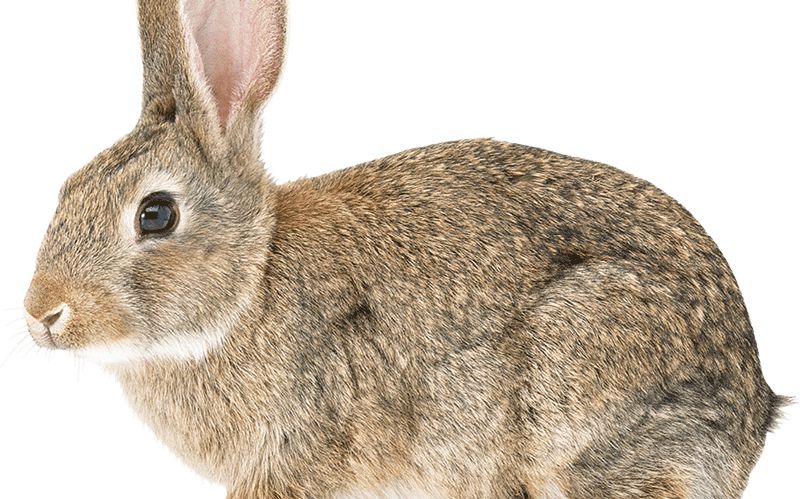
Rabbit haemorrhagic disease is fatal in rabbits. It is caused by several virus strains.
RABBIT farmers’ lobby group, the Zimbabwe Commercial Rabbit Breeders Association (Zicorba) has called for an immediate ban on live rabbit imports from South Africa following the recent outbreak of a deadly rabbit virus in that country.
The Kingdom of Eswatini recently banned imports of live rabbits from South Africa and more countries in southern Africa may follow suit.
Zicorba president Regis Nyamakanga said a temporary ban of imports from South Africa would help prevent the spread of the rabbit haemorrhagic disease (RHD), which broke out in South Africa recently.
Rabbit haemorrhagic disease is fatal in rabbits. It is caused by several virus strains.
Animal health officials detected one of these strains, rabbit hemorrhagic disease virus serotype 2 (RHDV2), in North America in the past few years.
The disease has been confined to America, Europe and some parts of Asia.
South African authorities recently confirmed the outbreak of RHD in the Western, Eastern and Northern Cape provinces.
The Department of Agriculture, Land Reform and Rural Development (DALRRD) said private South African companies had been contacted regarding the importation of monovalent RHDV2 vaccine for use in South Africa.
The DALRRD said this was the first detection of the disease in South Africa, adding that it was still unclear how the disease entered the country, since the importation of rabbits was not allowed.
Investigations were still under way to determine whether illegal importation could be the source.
Western Cape Agriculture MEC Ivan Meyer said biosecurity measures for RHD were very similar to other contagious diseases.
“Any new animals should be kept isolated for two weeks to ensure they are healthy before they are mixed with resident animals.
“People who may have had contact with infected animals should not be allowed on properties with healthy animals and if contact is necessary, they should change clothes, thoroughly wash their hands and arms and disinfect footwear.
“Any potentially contaminated equipment or other objects should be cleaned and disinfected with an effective disinfectant,” Meyer told South African media.
Nyamakanga said Zicorba was working with the Zimbabwean veterinary authorities to import vaccines, as part of a cocktail of measures to protect the local rabbit industry from the deadly virus.
Meanwhile, Zicorba recently elected a new leadership to president over the affairs of the organization for the next two years.
Nyamakanga was re-elected president of the three-year-old organization while Harare farmer Abigail Japajapa was elected vice-president and Ntokozo Sibanda from Matabeleland South province retained her position as secretary-general.
James Samhembere from Mashonaland East was elected treasurer, while Joseph Chipanga, from the same province was elected membership secretary.
Kingston Rakupeni from Manicaland was elected inspection and certification secretary, while Joyce Tamirepi from Masvingo was elected organizing secretary.
Lloyd Mangoh from Goromonzi was elected marketing and publicity secretary while former vice-president Siphosethu Ncube-Moyo was nominated committee member representing Bulawayo.
Alexio Kamuzu was nominated committee member representing Mashonaland West while Takaendesa Ukama was nominated committee member representing the Midlands Province.
Nyamakanga pledged to continue working for the growth of the industry in Zimbabwe and beyond.
